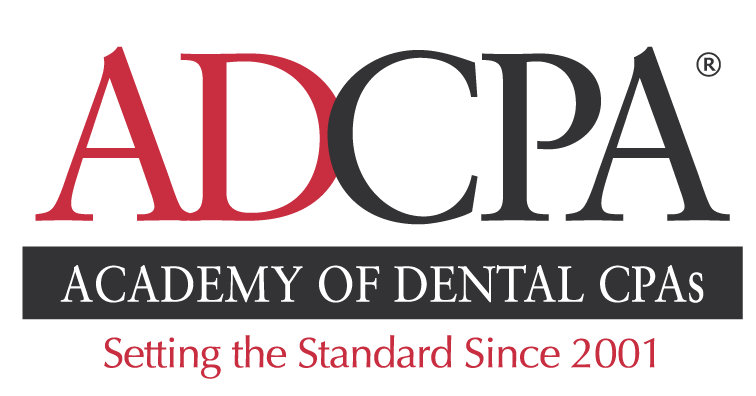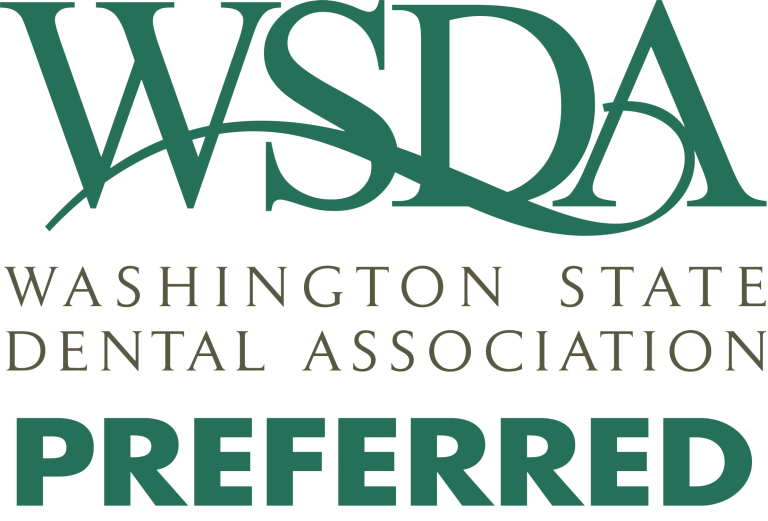Deadlines & Misc.
Third Quarter Estimated Tax Payments are due by Friday, Sept 15, 2023
September 15, 2023 is the deadline for timely filing extended corporate and partnership returns. Fiduciary (trust/estate) returns are due October 2.
2022 RETIREMENT PLANS
Employer contributions for taxyear 2022 are also due on September 15, 2023 for corporations and partnerships. Individual proprietors must make employer contributions by October 16, 2023.
PERSONAL PROPERTY TAX
Second half payments for 2023 (for the 2022 tax assessment) are due October 31, 2023.
UNCLAIMED PROPERTY
Unclaimed property reports are due October 31, 2023 for the reporting period July 1, 2019 through June 30, 2020. The most common unclaimed property items in a dental office are uncashed refund checks to patients.
STUDY CLUBS
If you would be interested in having us speak at one of your upcoming Study Club events, we would be happy to do so. We can cover a variety of topics including long-term financial planning, transition planning and most popular the new Tax Act – and how it is impacting dentists.
Contact our office for more details. 425.216.1612 or ma**@*****ds.com
IRS EMPHASIZES IDENTITY PROTECTION PIN PROGRAM
The IRS has again issued a reminder of their identity protection program, where taxpayers can obtain a special PIN needed to file their tax return. Any attempt to file a return without the proper PIN will automatically be rejected. It helps to prevent fraudulently filed returns that attempt to claim a refund. Should such a return be filed using your Social Security Number, the steps needed to prove your identity can be rather time consuming and will delay your ability to claim your rightful refund.
There are a few different ways to obtain a PIN. The fastest is using the online tool on the IRS website. It requires you to have an online account, which we have previously discussed here.
https://sa.www4.irs.gov/icce-core/loac/ippin/pages/ippin.xhtml
You can also apply using Form 15227, although this is only available to those with income
below $73,000 (single) or $146,000 (married filing joint).
https://www.irs.gov/pub/irs-pdf/f15227.pdf
The final option is to contact your local IRS office and request an in-person appointment.
ROTH 401(K) CATCH-UP CHANGES DELAYED TO 2026
Employees aged 50 and up are allowed to make “catch-up” contributions to their 401(k) plans beyond the annual maximum. Recent Congressional legislation ruled that starting in 2024, employees with wages over $145,000 who want to make catch-up contributions can only do so under a Roth 401(k), meaning they would not get a deduction to their taxable wages.
The initial announcement created a number of questions. What about employers that don’t offer Roth options in their 401(k) plans? Are their highly compensated employees barred from making catch-up contributions? Employers who don’t currently offer a Roth 401(k) but want to do so would have to work quickly to change their plan in time.
The IRS has listened to the feedback and delayed the implementation two years, now scheduled to begin in 2026. Employers should have enough time to either adopt a new retirement plan or make changes to their existing plan. Further guidance is expected, and additional comments have been requested, so there could still be changes over the next couple years.
As a reminder, traditional 401(k) contributions reduce the employee’s taxable income in the year of the contribution. The money grows tax-free until distributions are taken (and fully taxed) in retirement. Many people will be in a lower tax bracket in retirement. Thus, they get a deduction during their high-bracket years and delay the taxation until a lower-bracket year.
Roth contributions work in the opposite way. You do not get to deduct your contributions, but when you take the distributions in retirement, the entire amount is tax-free (assuming it has been in the Roth IRA for a specified time period and other conditions are met).
Tax Cuts Expire After 2025
Many of the tax cuts that went into place in 2017 are temporary and will expire after December 31, 2025. Since the cuts were enacted, we have always included the condition “pending further legislation.” Back in 2017, that seemed like a long time for things to happen. But as we get closer to 2025 with still no additional legislation, we should operate with the assumption that tax rates will increase in a couple years.
Ordinarily, we advise taxpayers to delay recognition of income and accelerate deductions. However, when tax rates go up, you could be better off doing the opposite: have your income taxed now when rates are low, and hold off on deductions until rates are higher. So if you can time things like Roth IRA conversions or large equipment purchases over the next couple years, keep the changing tax landscape in mind.
Of course, financial decisions should never be made solely because of the tax ramifications. Buy that new piece of equipment when you need it, not just because there is a potential tax savings to be had.
THIRD QUARTER 2023 ESTIMATED PAYMENTS
***THIS IS ONLY FOR THOSE THAT PAY BY QUARTERLY INSTALLMENTS***
We highly encourage that estimated payments be made online at EFTPS.gov – this very convenient site allows you to enter multiple payments and dates in advance. Call us if you need help!
However, if you still prefer to mail in a paper check:
If we have prepared your 2022 return, you will find pre-printed estimated tax payment vouchers in your TaxCaddy account or in your folder if we mailed your tax return to you. Otherwise, detach or photocopy the voucher below.
- Complete the name, address and social security number sections.
- Fill in amount (call us at 425.216.1612 if you have questions regarding the amount).
- Address your envelope to:
Internal Revenue Service
PO Box 802502
Cincinnati, OH 45280-2502
4. Make your check payable to the United States Treasury.
5. Note your social security number and “2023 1040-ES” on the memo line of your check.
6. Enclose the voucher and check in your envelope addressed to the Internal Revenue Service (see above).
7. Mail on or before Friday, September 15, 2023.





